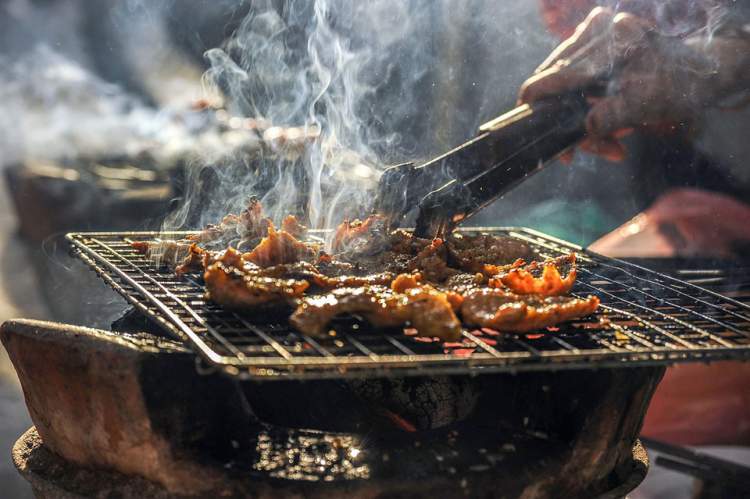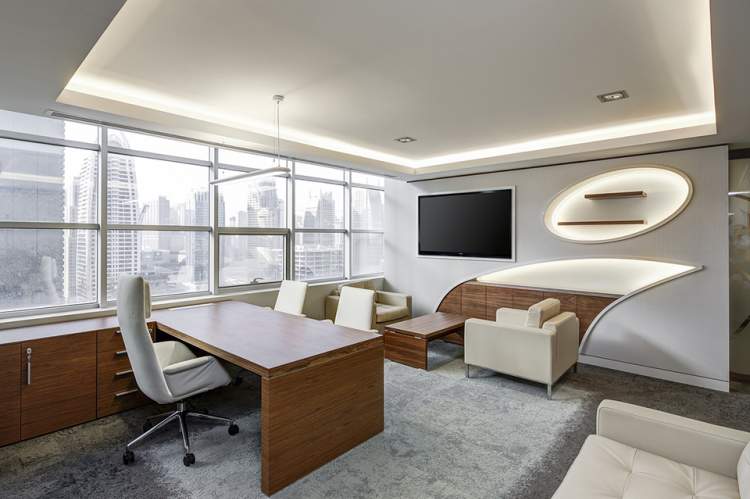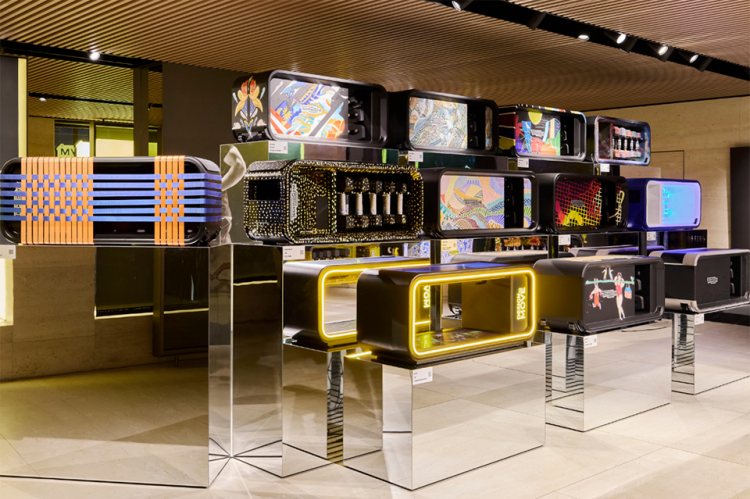Muslim Brotherhood 4.
Qatar
Qatar continues to back the Muslim Brotherhood in Egypt and Sheikh Tamim bin Hamad Al Thani denounced the 2013 Egyptian coup d'état that had taken place in Egypt. In June 2016, Mohamed Morsi was sentenced to a life sentence for passing state secrets to Qatar. The continuous support for the Muslim Brotherhood by Qatar is considered one of the stepping stones that started the Qatar diplomatic crisis.
Kuwait
Egyptian Brethren came to Kuwait in the 1950s as refugees from Arab nationalism and integrated into the education ministry and other parts of the state. The Brotherhood's charity arm in Kuwait is called Al Eslah (Social Reform Society) and its political arm is called the Islamic Constitutional Movement (ICM) or "Hadas". Members of ICM have been elected to parliament and served in the government and are "widely believed to hold sway with the Ministry of Awqaf" (Islamic endowment) and Islamic Affairs, but have never reached a majority or even a plurality—"a fact that has required them to be pragmatic about working with other political groups". During the invasion of Kuwait, the Kuwait MB (along with other MB in the Gulf States) supported the American-Saudi coalition forces against Iraq and "quit the brotherhood's international agency in protest" over its pro-Sadam stand. However following the Arab Spring and the crackdown on the Egyptian Brotherhood, the Saudi government has put "pressure on other states that have Muslim Brotherhood adherents, asking them to decree that the group is a terrorist organization", and the local Kuwaiti and other Gulf state Brotherhoods have not been spared pressure from their local governments.
Saudi Arabia
The Kingdom of Saudi Arabia helped the Brotherhood financially for "over half a century", but the two became estranged during the Gulf War, and enemies after the election of Mohamed Morsi. Inside the kingdom, before the crushing of the Egyptian MB, the Brotherhood was called a group whose "many quiet supporters" made it "one of the few potential threats" to the royal family's control.
The Brotherhood first had an impact inside Saudi Arabia in 1954 when thousands of Egyptian Brethren sought to escape president Gamal Abdel Nasser's clampdown, while (the largely illiterate) Saudi Arabia was looking for teachers—who were also conservative pious Arab Muslims—for its newly created public school system. The Muslim Brotherhood's brand of Islam and Islamic politics differs from the Salafi creed called Wahhabiyya, officially held by the state of Saudi Arabia, and MB members "obeyed orders of the ruling family and ulama to not attempt to proselytize or otherwise get involved in religious doctrinal matters within the Kingdom. Nonetheless, the group "methodically ... took control of Saudi Arabia's intellectual life" by publishing books and participating in discussion circles and salons held by princes. Although the organization had no "formal organizational presence" in the Kingdom, (no political groups or parties are allowed to operate openly) MB members became "entrenched both in Saudi society and in the Saudi state, taking a leading role in key governmental ministries". In particular, many established themselves in Saudi educational system. One expert on Saudi affairs (Stephane Lacroix) has stated: "The education system is so controlled by the Muslim Brotherhood; it will take 20 years to change—if at all. Islamists see education as their base" in Saudi Arabia.
Relations between the Saudi ruling family and the Brotherhood became strained with Saudi opposition to Iraq's invasion of Kuwait and the willingness of Saudi government to allow US troops to be based in the Kingdom to fight Iraq. The Brotherhood supported the Sahwah ("Awakening") movement that pushed for political change in the Kingdom. In 2002, the then Saudi Interior Minister Prince Nayef denounced the Brotherhood, saying it was guilty of "betrayal of pledges and ingratitude" and was "the source of all problems in the Islamic world". The ruling family was also alarmed by the Arab Spring and the example set by the Muslim Brotherhood in Egypt, with president Mohamed Morsi bringing an Islamist government to power by means of popular revolution and elections. Sahwa figures published petitions for reform addressed to the royal government (in violation of Wahhabi quietist doctrine). After the overthrow of the Morsi government in Egypt, all the major Sahwa figures signed petitions and statements denouncing the removal of Morsi and the Saudi government support for it.
In March 2014, in a "significant departure from its past official stance" the Saudi government declared the Brotherhood a "terrorist organization", followed with a royal decree announced that, from now on, belonging to intellectual or religious trends or groups that are extremist or categorized as terrorist at the local, regional or international level, as well supporting them, or showing sympathy for their ideas and methods in whichever way, or expressing support for them through whichever means, or offering them financial or moral support, or inciting others to do any of this or promoting any such actions in word or writing will be punished by a prison sentence "of no less than three years and no more than twenty years".
Syria
The Muslim Brotherhood in Syria was founded in the 1930s (according to lexicorient.com) or in 1945, a year before independence from France, (according to journalist Robin Wright). In the first decade or so of independence it was part of the legal opposition, and in the 1961 parliamentary elections it won ten seats (5.8% of the house). But after the 1963 coup that brought the secular Ba'ath Party to power it was banned. It played a major role in the mainly Sunni-based movement that opposed the secularist, pan-Arabist Ba'ath Party. This conflict developed into an armed struggle that continued until culminating in the Hama uprising of 1982, when the rebellion was crushed by the military.
Membership in the Syrian Brotherhood became a capital offense in Syria in 1980 (under Emergency Law 49, which was revoked in 2011), but the headquarters of the Muslim Brotherhood-linked Palestinian group, Hamas, was located in the Syria's capital Damascus, where it was given Syrian government support. This has been cited as an example of the lack of international centralization or even coordination of the Muslim Brotherhood.
The Brotherhood is said to have "resurrected itself" and become the "dominant group" in the opposition by 2012 during the Syrian Civil War according to the Washington Post newspaper. But by 2013 another source described it as having "virtually no influence on the conflict". Syrian President Bashar al-Assad welcomed the fall of the Muslim Brotherhood in Egypt and remarked that "Arab identity is back on the right track after the fall from power of Egypt's Muslim Brotherhood, which had used religion for its own political gain".
United Arab Emirates
Muslim Brotherhood presence in the United Arab Emirates began with the formation of the Al Islah group in the United Arab Emirates in 1974 with the approval of Sheikh Rashid bin Saeed Al Maktoum.
Al Islah in the UAE has openly stated that it shares ideology with the Muslim Brotherhood in Egypt. Al Islah has criticized the UAE for the country's religious tolerance and presence of community Christian churches in the UAE. Since its formation, its members have sought to impose control on state social issues, such as promoting several measures limiting the rights of women. Emirati Al Islah member Tharwat Kherbawi said the Muslim Brotherhood finds the present UAE government to be an "impediment", and the country itself to be a "treasure and a crucial strategic and economic prize". Al Islah was reported to have been secretly forming a military wing that has sought to recruit retired military officers and young Emiratis and is alleged to have plotted the overthrow of the current government and the establishment of an Islamist state in the UAE.
In March 2013, a trial began in Abu Dhabi for 94 individuals linked to Al Islah for an attempted coup on the government. Of the 94, 56 suspects received prison sentences ranging between three and ten years. Eight suspects were sentenced in absentia to 15 years in jail and 26 were acquitted. On 7 March 2014, the Muslim Brotherhood was designated as a terrorist group by the UAE government.
Yemen
The Muslim Brothers fought with North Yemen in the NDF rebellion as Islamic Front. The Muslim Brotherhood is the political arm of the Yemeni Congregation for Reform, commonly known as AlIslah. Former President Ali Abdullah Saleh made substantial efforts to entrench the accusations of being in league with Al Qaeda.
The Treasury Department of the US used the label "Bin Laden loyalist" for Abdul Majeed al-Zindani, the Yemeni Muslim Brotherhood's leader.




















